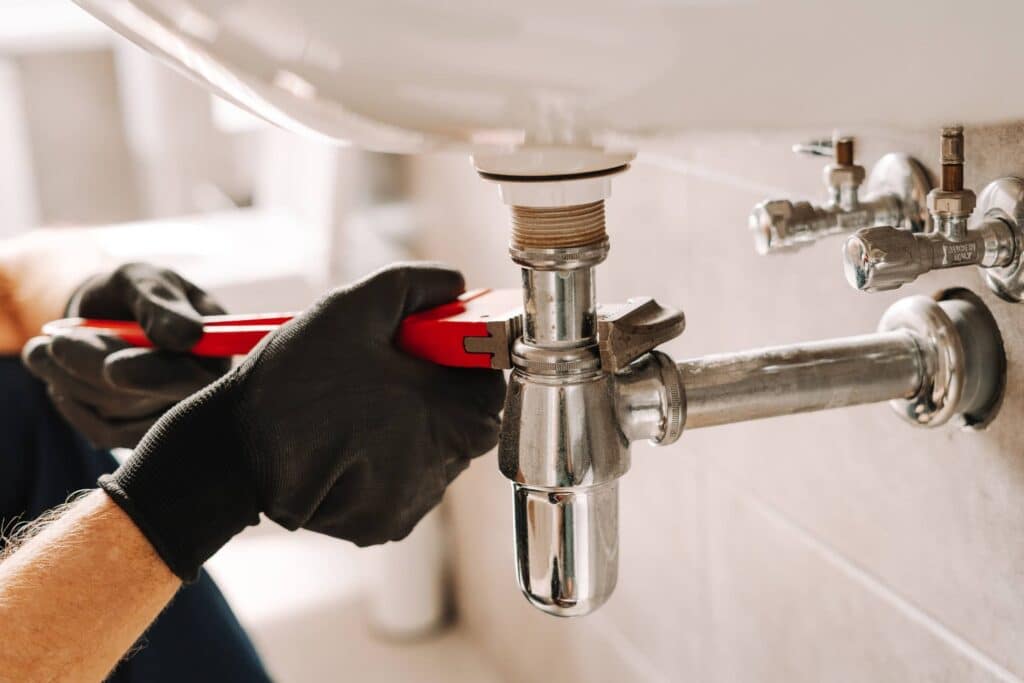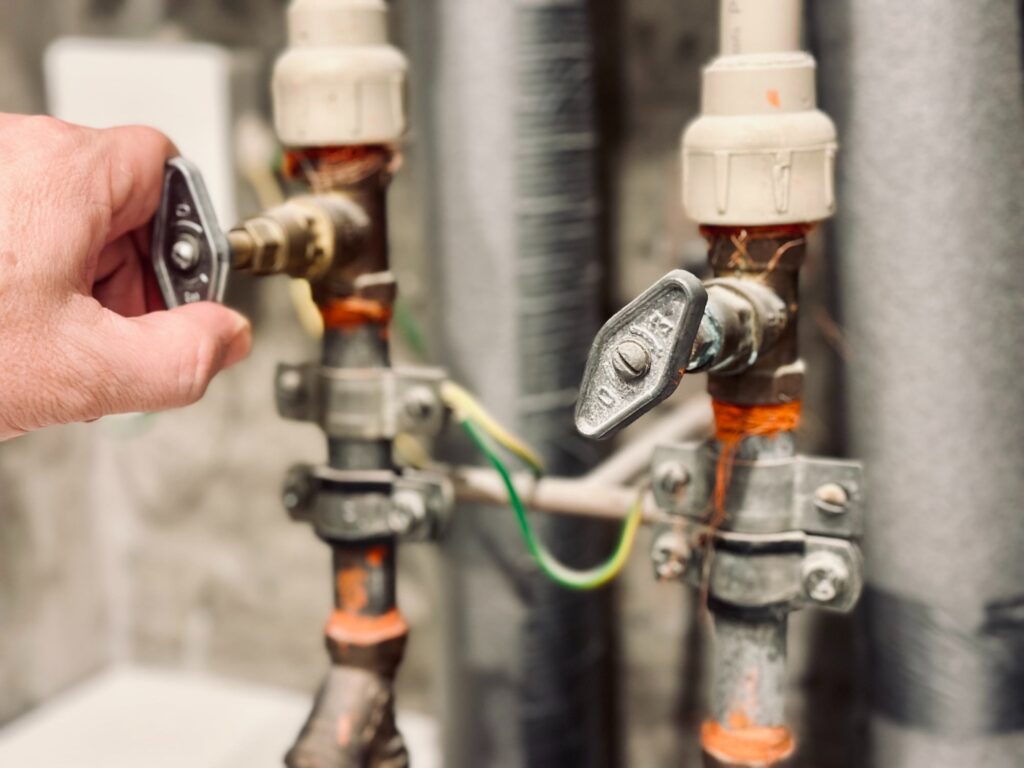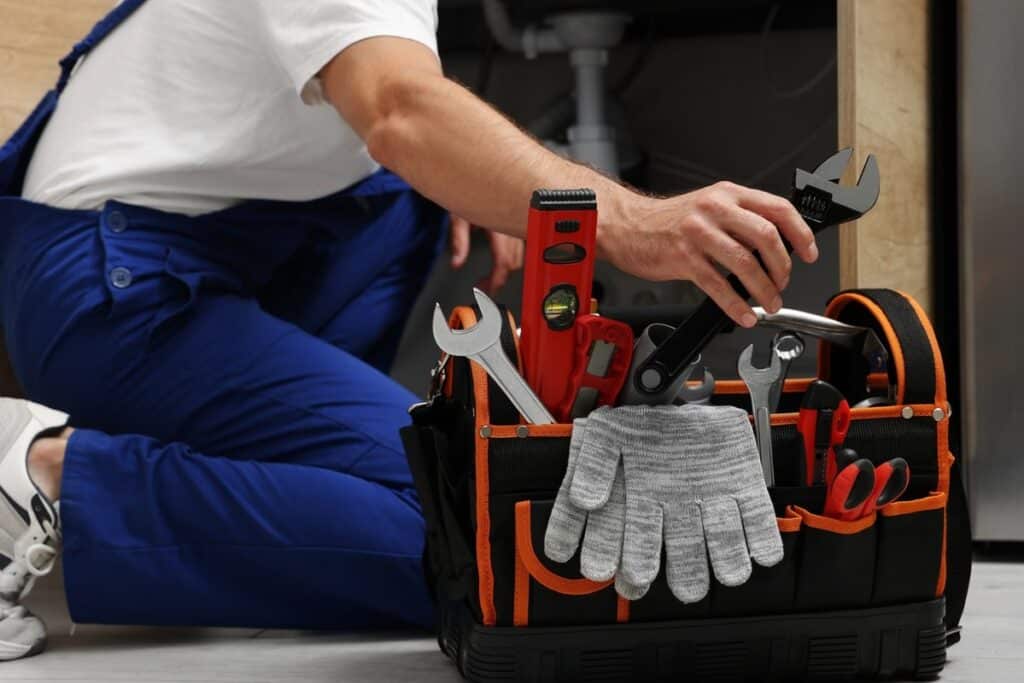When a hurricane threatens your area, protecting your home goes beyond boarding windows and stocking supplies—it also means securing critical systems like your plumbing. High winds, heavy rain, storm surges, and power outages can all affect your pipes, drains, water supply, and sewer systems. By preparing your plumbing in advance, you can minimize damage, avoid costly repairs, and help ensure a safer, cleaner home environment when the storm passes.
1. Turn Off the Main Water Valve
One of the most important plumbing safety steps before a hurricane is to shut off the main water supply to your home. This prevents contaminated water from entering your home if the municipal system becomes compromised and helps protect pipes from over-pressurization or backflow issues caused by storm surges or flooding. Know where your shut-off valve is located and how to operate it before a storm arrives.
2. Secure Outdoor Plumbing Fixtures
Outdoor spigots, hoses, irrigation systems, and pool plumbing are all vulnerable during a hurricane. Disconnect garden hoses and store them indoors to prevent damage. If you have a sprinkler system, turn it off at the controller. Use insulated covers or foam to protect exposed outdoor pipes from debris and high winds.
3. Inspect and Clear Drains and Gutters
Storms bring intense rainfall, so it’s crucial that your drainage system works properly. Clear leaves, debris, and blockages from gutters, downspouts, and outdoor drains to allow water to flow away from your home. If these systems are clogged, water may pool near your foundation or back up into your home, increasing the risk of flooding and water damage.
4. Test Your Sump Pump and Backflow Valve
If you have a sump pump, test it in advance to ensure it’s working properly, and consider a battery backup system in case of power failure. Also, check if your home is equipped with a sewer backflow valve, especially if you live in a flood-prone area. A properly functioning backflow valve can prevent raw sewage from backing up into your home during a storm surge.
5. Fill Bathtubs and Containers with Clean Water
Before the storm hits, fill bathtubs, sinks, and clean containers with fresh water in case water service is disrupted. This water can be used for flushing toilets, cleaning, or basic hygiene needs if your main water supply becomes unavailable or unsafe.
Final Tip
After the storm, inspect all plumbing systems for signs of leaks, blockages, or damage before turning your water back on. If in doubt, contact a licensed plumber before using your fixtures. With careful preparation and attention to your plumbing system, you can help keep your home safe, sanitary, and storm-ready.



